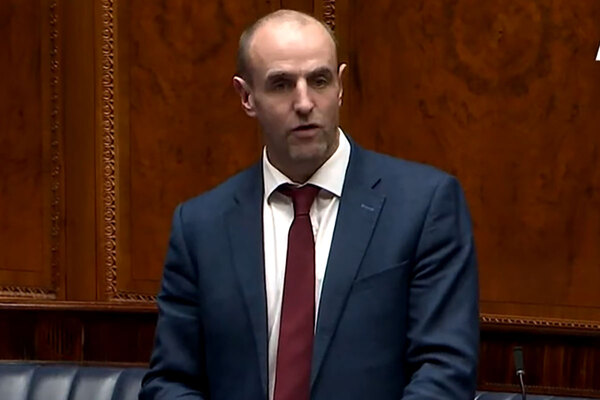You are viewing 1 of your 1 free articles
Peer support
A new project aims to show that early intervention is key to addressing the homelessness crisis, says Jack Jeffery

Wednesday 16 November marked the 50th anniversary of Ken Loach’s Cathy Come Home, which helped to raise awareness of the plight of thousands of homeless families placed in dire situations through no fault of their own. The day after, research by the BBC discovered the government had spent £3.5bn on temporary accommodation for homeless families in the last five years. In that time, the annual cost had increased by 43% with spending in 2015 alone totalling £851m. Almost two-thirds of this cost is taken by the councils in the overheated property market in London.
Working for Ashford Place, a homelessness charity based in London, I can appreciate this. We are constantly swamped by demand and often the best we can offer to people is a place on our lengthy waiting list.
If the situation sounds bad for families, for single people it’s often worse. The October 2016 report by St Mungo’s, titled Nowhere Safe to Stay, revealed that many were being advised by councils to sleep rough and be picked up by outreach teams before they could even start to access housing and support. It seems even politicians are starting to appreciate the need for action as the cross-party support for the recent Homelessness Reduction Bill by Bob Blackman revealed.
Eager to find answers, I attended a homelessness policy briefing at the House of Commons on the 14 November chaired by Tim Farron. This discussed a range of issues contributing to the crisis including the rise in temporary and insecure work, the rising cost of housing, the erosion of social housing for the most vulnerable, and cuts to benefits and support.
The agreed conclusion was that we need action on two fronts: first, we need to create a more stable society with secure employment and housing; second, we need to work with those in crisis to prevent them falling into the trap of homelessness. This is the motivation for Ashford Place’s new Big Lottery-funded project, Independent Lifestyles, which is launching today (25 November).
Our centre has years of experience running successful peer networks – where people who used to be homeless volunteer within our service to help people who are currently homeless – and we’re investing in our peers to provide support and assistance to those in need. Working with the University of Southampton, we have created a programme to utilise ours and our peers’ experience to help those in crisis. We have put together a six-week programme and partnered with a distance learning provider to ensure our peers hold a Level 2 Information, Advice and Guidance certificate, and have the necessary knowledge to advise those in crisis. Now, our trained peers are running drop-in crisis clinics at our centre and community venues across Brent, as well as operating an online advice portal where those in need but unable to travel can access support.
Research shows this approach to prevention works, as the Housing (Wales) Act 2014 proved. This placed a duty on councils to help prevent homelessness by helping people to access better advice and support. This has had a dramatic effect, reducing annual spending by 26% as well as preventing untold suffering caused by the trauma itself of homelessness. Hopefully, our project will help to build on this evidence to show the importance of prevention and early intervention in addressing the homelessness crisis.
Jack Jeffery, independent lifestyles co-ordinator, Ashford Place








